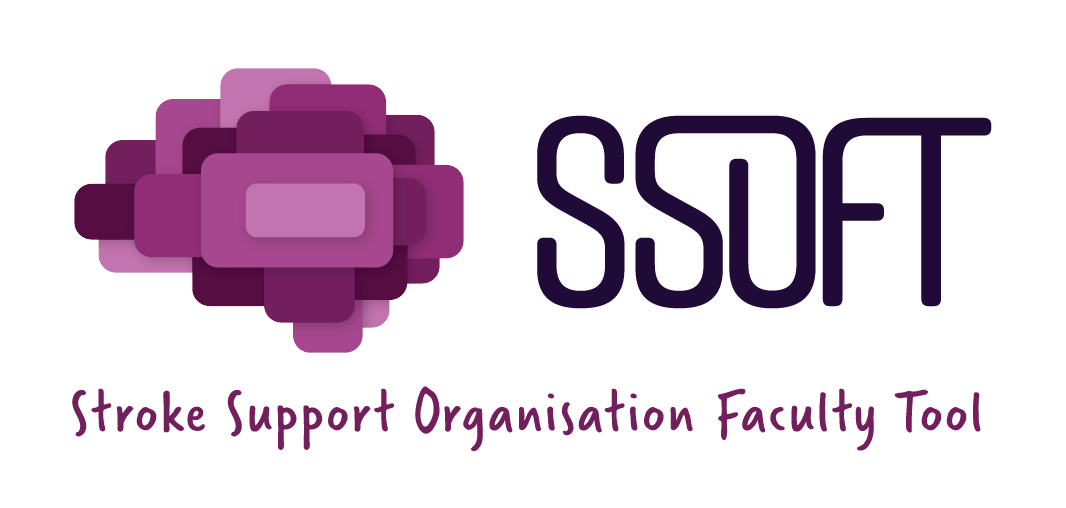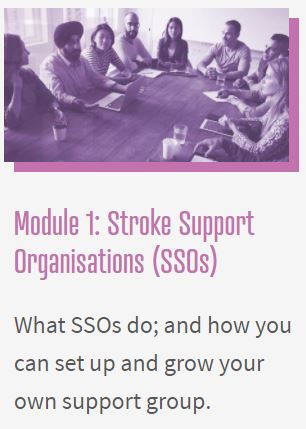
May 3, 2018
First published on ScienceDaily.com
An experimental compound appears to improve stroke outcome by reducing the destructive inflammation that can continue months after a stroke, scientists report.
Rats consuming compound 21 following a clot-based stroke — the most common type in humans — don’t have a smaller stroke size but do have better memory and movement in its aftermath, says Dr. Adviye Ergul, vascular physiologist and Regents’ Professor in the Department of Physiology at the Medical College of Georgia at Augusta University. (more…)

May 3, 2018
First published on ScienceDaily.com
A new computer programme developed by scientists at the Universities of Edinburgh and Glasgow can assess whole brain deterioration and help predict cognitive function after stroke up to ten times more accurately than current methods.
The new approach, published today in the International Journal of Stroke, can quantify visible brain injury from cerebral small vessel disease (SVD) and brain atrophy by translating the million plus bits of information stored in brain scans into a single measure, the “brain health index.” (more…)

Apr 26, 2018

Brussels, 16 April 2018- The eLearning Module 1 of the Stroke Support Organisation Faculty Tool (SSOFT) is published today at the following address www.ssoft.info.
SSOFT’s first module focuses on the principles around developing and growing SSOs, and is delivered in five sub-modules:
1.1 – What is a Stroke Support Organisation?
1.2 – What is the role of a Stroke Support Organisation?
1.3 – How do you set up a Stroke Support Organisation?
1.4 – Growing your Stroke Support Organisation
1.5 – Stroke Support Organisation networking
The module provides learners with a wealth of knowledge and includes videos, interactive content and activities. Learners will be able to work through the sub-modules at their own pace, earn rewards and share their progress on social media. (more…)

Apr 26, 2018
In the 30 min round-table discussion video on ESUS, stroke experts (Valeria Caso, Perugia, Danilo Toni, Rome, and Martin Grond, Siegen) discuss the definition of ESUS, diagnostic workup of ischemic stroke and potential implications of the ongoing trials in ESUS.
Embolic stroke of undetermined source (ESUS) is a type of ischemic stroke with unknown origin, i.e. for which no probable cause can be identified after standard diagnostic evaluation. In contrast, the term ‘cryptogenic stroke’ is less well-defined and includes strokes with unknown sources which have not been fully evaluated or have more than one potential cause. About 1 in 6 ischemic strokes is an ESUS. Patient who suffer from ESUS tend to be slightly younger than stroke patients in general and strokes are less severe on average. However, the risk of stroke recurrence after ESUS is high: Within 5 years, nearly 1 in 3 patients may again suffer another stroke. (more…)

Apr 16, 2018
Brussels, 16 April 2018- The Stroke Support Organisation Faculty Tool (SSOFT) website goes live today at the following address www.ssoft.info.
The website is a gateway to the new and innovative online eLearning advocacy tool being developed by Stroke Alliance for Europe (SAFE), in partnership with the European Stroke Organisation (ESO). (more…)

Apr 13, 2018
Published first on ScienceDaily
Smoke from wildfires may send people — particularly seniors — to hospital emergency rooms (ERs) with heart, stroke-related complaints, according to new research in the Journal of the American Heart Association, the Open Access Journal of the American Heart Association/American Stroke Association.
Previous studies have shown that wildfire smoke exacerbates respiratory conditions but yielded inconsistent results for effects on the heart, brain or blood vessels. (more…)

Apr 13, 2018
First published on ScienceDaily
Taking part in a hot chili pepper eating contest might have some unexpected consequences, highlight doctors in the journal BMJ Case Reports.
Their warning comes after a young man ended up in emergency care with excruciatingly painful episodic headaches after eating a ‘Carolina Reaper,’ the world’s hottest chili pepper. (more…)

Apr 10, 2018
Published first on ScienceDaily
Depression, even when undiagnosed, can have many negative effects on cardiovascular patients, including poor healthcare experiences, more use of healthcare resources and higher health costs, according to preliminary research presented at the American Heart Association’s Quality of Care and Outcomes Research Scientific Sessions 2018, a premier global exchange of the latest advances in quality of care and outcomes research in cardiovascular disease and stroke for researchers, healthcare professionals and policymakers. (more…)

Apr 10, 2018
Published first on ScienceDaily
Atherosclerosis is the most common cause of death and disease in the Western world. In Germany, about 300,000 people each year suffer a heart attack and some 270,000 a stroke as a result of the condition. Atherosclerosis is estimated to be responsible for a little more than half of all deaths in these countries.
Searching for the disease triggers, scientists from the University of Würzburg and the Würzburg University Hospital have now made a step forward: For the first time, they closely examined the immune cell populations in the affected vessels which play a significant role in the pathogenesis. They present their results in the current issue of the journal Circulation Research. (more…)

Apr 5, 2018
First published on ScienceDaily
A new study looks at what problems affect people most after a stroke and it provides a broader picture than what some may usually expect to see. Stroke affects more than just physical functioning, according to a study is published the March 28, 2018, online issue of Neurology®, the medical journal of the American Academy of Neurology.
“After a stroke, people who have only mild disability can often have ‘hidden’ problems that can really affect their quality of life,” said study author Irene L. Katzan, MD, MS, of the Cleveland Clinic in Ohio and a member of the American Academy of Neurology. “And for people with more disability, what bothers them the most? Problems with sleep? Depression? Fatigue? Not many studies have asked people how they feel about these problems, and we doctors have often focused just on physical disability or whether they have another stroke.” (more…)









